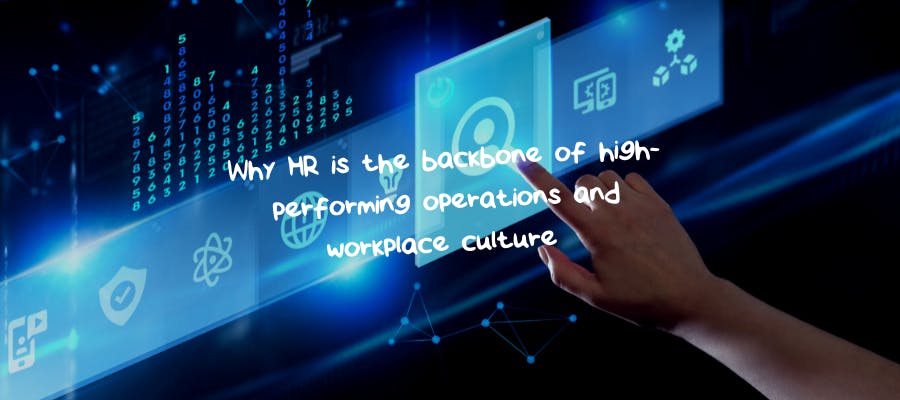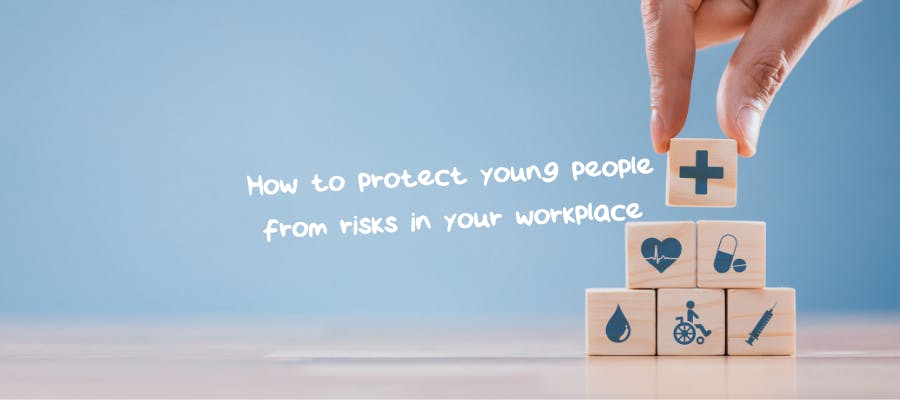First published on Thursday, August 3, 2023
Last updated on Tuesday, August 1, 2023
August 1st – August 7th is World Breastfeeding Week 2023, and the theme for this year is making a difference to working parents. So, what better time for employers to stop and consider, are you doing enough to support mothers returning to work?
Chances are, at some point, you’ll have an employee who, upon their return to work following maternity leave, will need to express milk. To help guide you here’s some handy advice for employers on how to navigate their legal obligations.
First up, let’s take stock of the responsibilities that fall on you as an employer…
What are your legal obligations?
In Ireland, you’re obliged to provide staff with breastfeeding breaks at work.
The period during which employers must provide new mothers with breastfeeding breaks was recently extended from six months to two years from the date of the child’s birth.
Employees can take up to 1 hour of paid time for an 8-hour working day. It’s important to make sure you don’t make any deductions from pay for time allocated for a breastfeeding break.
Talk to employees to agree a schedule**
You should speak with employees that want to exercise this right and see what arrangements suit them best. Where it’s possible to breastfeed in the workplace or express breast milk on your premises, the law provides for:
- one 60 minute break
- two 30 minute breaks, or
- three 20 minute breaks
The normal working time rules around rest breaks also continue to apply.
We know encouraging regular breaks and managing your staff’s time can be tricky to balance, but it doesn’t have to be if you have the right time-tracking tool to clock your staff hours.
What if no facilities are appropriate?
The area where breastfeeding takes place at work must be hygienic and private. You should also consider a place for mothers to store their milk, like a fridge.
If the workplace has no suitable facilities where staff can either breastfeed or express milk, you can reduce the employee’s working hours by one hour (remember not to deduct any pay) to facilitate breastfeeding.
Ask BrightLightning for instant accurate advice on questions like:
Giving the right breaks
In Ireland, it's mandatory by law for employers to provide breastfeeding breaks to your employees until their child reaches the age of 2. They can take a maximum of 1 hour off (with pay) for an 8-hour workday. This break can be taken as a single 60-minute break, two 30-minute breaks, or three 20-minute breaks. Additionally, they are still entitled to take their usual rest breaks.
Offering suitable facilities
Under health & safety workplace regulations employers are encouraged to offer facilities for mothers to lie down or breastfeed. This facility must be hygienic and private. You should also consider a place for mothers to store their milk, like a fridge.
Ask BrightLightning for instant accurate advice on questions like:
- Do I have to give employees a private space to express?
- Can I make an employee use the toilets to breastfeed?
Failing to manage employee requests to breastfeed at work could lead to employee unrest and even costly discrimination claims on the grounds of sex or family status.
It’s best to have a specific policy in place. It should outline all the provisions and support available for employees who are pregnant or breastfeeding. Then, you and your staff are on the same page.
It’s worth noting too that, by law, it’s necessary to carry out a risk assessment to protect pregnant workers and new mothers.
Protect your staff and your business this World Breastfeeding Week
Now, the very mention of policies and risk assessments might be enough to make you groan. But with BrightSafe, our complete health & safety management system, you’ve got exclusive access to a library of expert HR and health & safety policies, risk assessment templates, and guides, made by legally trained experts —all available for you to download at any time.
And if that wasn’t enough, BrightSafe provides a suite of products like accident reporting, task reminders, and e-learning, to safeguard your business and reduce risks for you and your staff.
Lean on the expertise of our health & safety experts, discover BrightSafe today.







